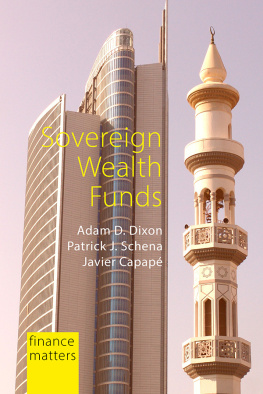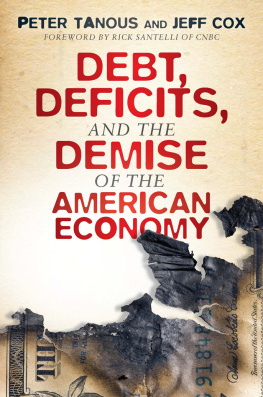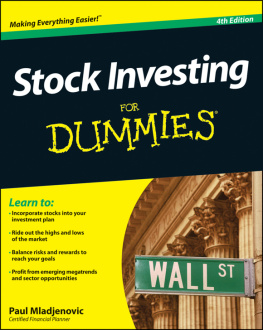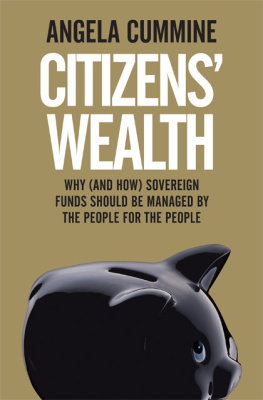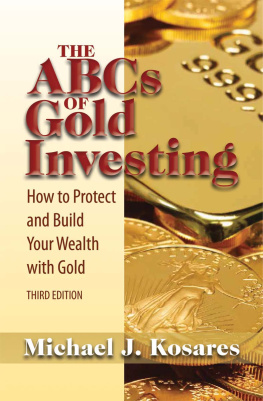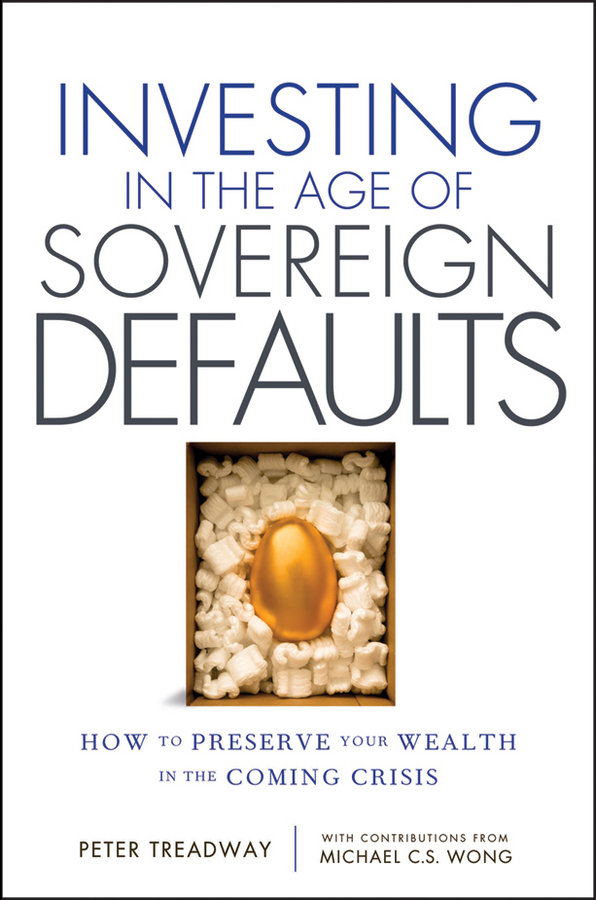Contents

Copyright 2013 by John Wiley & Sons Singapore Pte. Ltd.
Published by John Wiley & Sons Singapore Pte. Ltd.
1 Fusionopolis Walk, #07-01, Solaris South Tower, Singapore 138628
All rights reserved.
No part of this publication may be reproduced, stored in a retrieval system, or transmitted in any form or by any means, electronic, mechanical, photocopying, recording, scanning, or otherwise, except as expressly permitted by law, without either the prior written permission of the Publisher, or authorization through payment of the appropriate photocopy fee to the Copyright Clearance Center. Requests for permission should be addressed to the Publisher, John Wiley & Sons Singapore Pte. Ltd., 1 Fusionopolis Walk, #07-01, Solaris South Tower, Singapore 138628, tel: 6566438000, fax: 6566438008, e-mail: .
Limit of Liability/Disclaimer of Warranty: While the publisher and author have used their best efforts in preparing this book, they make no representations or warranties with respect to the accuracy or completeness of the contents of this book and specifically disclaim any implied warranties of merchantability or fitness for a particular purpose. No warranty may be created or extended by sales representatives or written sales materials. The advice and strategies contained herein may not be suitable for your situation. You should consult with a professional where appropriate. Neither the publisher nor the author shall be liable for any damages arising herefrom.
Other Wiley Editorial Offices
John Wiley & Sons, 111 River Street, Hoboken, NJ 07030, USA
John Wiley & Sons, The Atrium, Southern Gate, Chichester, West Sussex, P019 8SQ, United Kingdom
John Wiley & Sons (Canada) Ltd., 5353 Dundas Street West, Suite 400, Toronto, Ontario, M9B 6HB, Canada
John Wiley & Sons Australia Ltd., 42 McDougall Street, Milton, Queensland 4064, Australia
Wiley-VCH, Boschstrasse 12, D-69469 Weinheim, Germany
ISBN 978-1-118-24721-1 (Cloth)
ISBN 978-1-118-24724-2 (ePDF)
ISBN 978-1-118-24723-5 (Mobi)
ISBN 978-1-118-24722-8 (ePub)
I would like to dedicate this book to my late mother,
Dorothy Treadway, who always supported and
encouraged me in the world of
learning and intellect.
Acknowledgments
I would like to express my appreciation to my colleague Dr. Michael Wong, who encouraged me to write this book and who provided research assistance.
I would also like to thank Rudy Beutell of Scarsdale Equities LLC for his invitations to his firms regular lunches. These lunches, attended by fund managers as well as economists and strategists, gave me the opportunity to exchange ideas with investment practitioners.
Preface
Why Another Book on the Financial Crisis?
A mass of sovereign defaults, broadly defined, is looming on the horizon as the global financial crisis that began in 2008 lumbers on. The primary objective of this book is to come up with some answers for investors who, by and large, will be the ones defaulted on. Worse than that, governments desperate for money will look to the so-called rich and the more advanced in age, aka the investor class, to plug the yawning gaps in government budgets. In all countries affluent elders will be pitted against their or somebody elses children. In some countries, affluent investors from elite racial groups or castes will be pitted against different and allegedly downtrodden castes or racial groups. The reelection of Barack Obama and Democratic control of the Senate will accentuate this process in the United States.
A simple observation was the spark that created the incentive to write this book. Today the worlds richest, best educated, most democraticcan we say most civilized countries are headed for bankruptcy and default. Nobody is surprised when poor countries with their imperfect institutions, corrupt leaders, and low levels of education go bankrupt. But the rich, advanced countries? This was not supposed to happen.
This observation immediately raised two questions, which this book will try to answer. One, how did this happen? And two, how can investors preserve their wealth through the chaos ahead?
The terrible experience of German fixed-income investors in the early 1920s was deep in my mind. These investors constituted the solid bourgeois rock upon which German society rested. They were wiped out, and we know the history. The 1920s were followed by the 1930s, with the Great Depression and rise of Adolf Hitler. In the case of Germany, from 1914 on it was one black swan after anotherthat is, an unexpected event with a profound impact. This book is written for both institutional investors and for private investors who think they are affluent today but must live off their investments. Investing is never easy, but in times of historically unprecedented and unpredictable cataclysmic shifts in the economic landscape, investing comes close to being mission impossible. Nevertheless, investors have no choice. They must try. Every private investor today must harbor a fear in his or her heart that some terrible shift will occurcall it a black swan or whatever you likethat will reduce his or her real net worth to zero. For younger people, these shifts can be opportunities. But for older, retired, or semiretired people for whom investment income may be their only income and for whom starting over to take advantage of new opportunities is not an option, this can be a death sentence. For institutional investors, the penalty for failure to see the shifts coming is simply that they lose their jobs. That may be incentive enough.
Overview of Contents
Chapter 1 takes on the question of why the advanced, civilized countries are on the way to being broke and in default. The answer given is that in democracies there is an inexorable tendency toward populism by which the electorate attempts to make an end run around what the free market would provide and votes for politicians who provide the electorate with benefits, entitlements, and socialized risk. All these accumulate over time and become ultimately unaffordable. In other words, it is democracy itself that harbors this fatal predisposition to fiscal profligacy. As a part of this process, the governments gradually assume risks formerly borne by the market. Government demand management and manipulation, intellectually justified by Keynesianism and monetarism, becomes an integral part of this process and provides the intellectual cover for fiscal and monetary excess.
In some countriesthe United States in particulardifferences in observed income and educational performance among racial and ethnic groups exacerbate the problem. This is obviously a sensitive subject. The less successful groups, often with a sense of historical grievances, exhibit strong demands for government to overrule the market and exhibit greater dependency on the government.
It may surprise some readers to learn that the American Founding Fathers, notably James Madison (the so-called Father of the US Constitution) and Benjamin Franklin, had a profound distrust of democracy. They preferred a republic where only men of property would vote for representatives who would make the decisions for society. Yes, they were so dead-white-male and uncool in their attitudes. But they worried that in a democracy the less-affluent majority would vote to confiscate the property of the affluent minority. The word democracy cannot be found once in the US Constitution. No accident! The American Founding Fathers would not be surprised at the near bankrupt state of todays advanced countries. In fact, they virtually predicted it.


